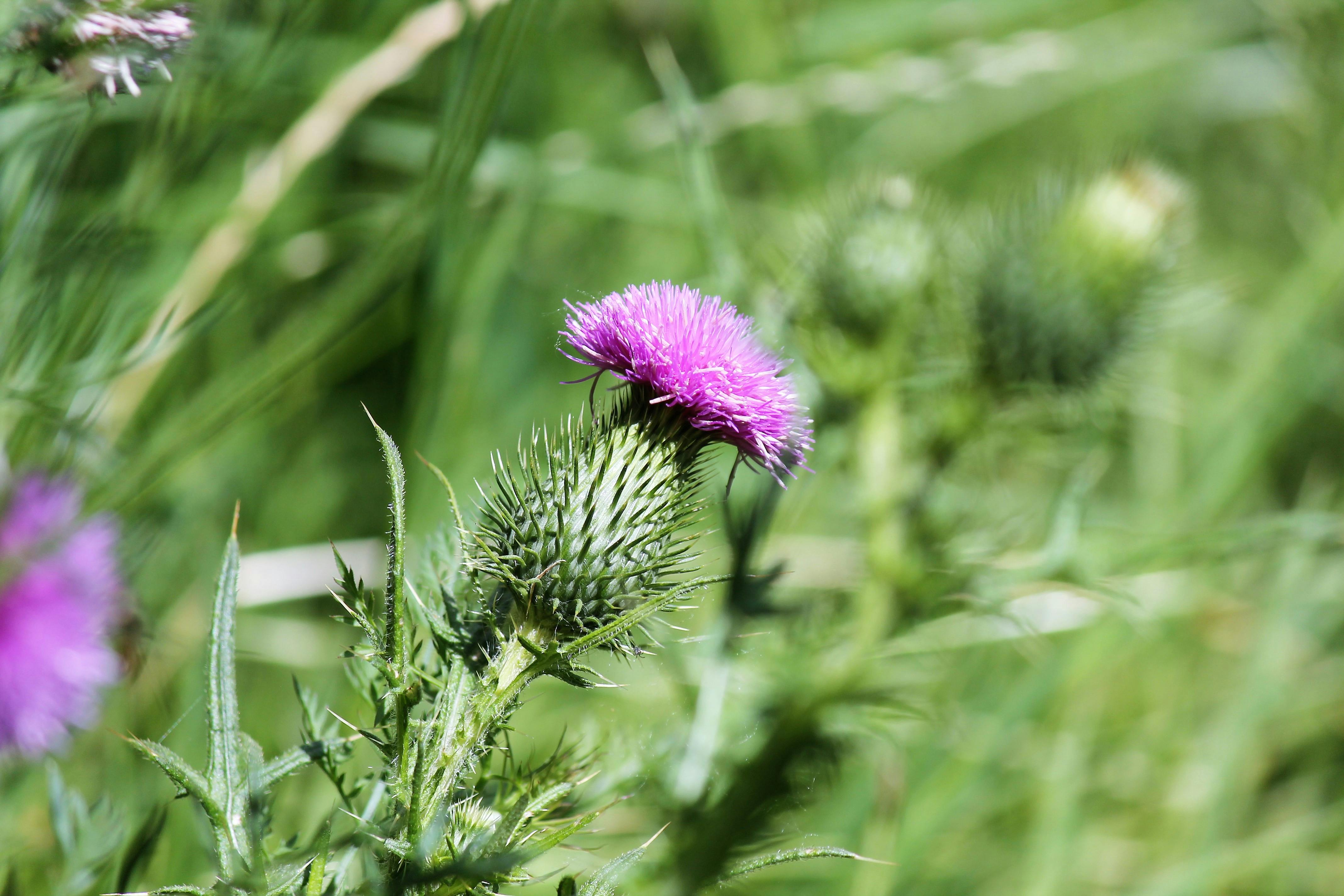Wild Yam, a plant native to North America, has been utilized in traditional medicine for centuries, providing a myriad of health benefits. This comprehensive and unique guide delves into the numerous benefits of wild yam, from hormone regulation to skin health, backed by scientific research.
What Is Wild Yam?
Wild yam (scientific name Dioscorea villosa) is a perennial vine native to North America, Asia, and Latin America. It's renowned for its tuberous roots, which have potent medicinal properties. Other names for wild yam include colic root, rheumatism root, and China root. The plant boasts over 600 species, with only 12 deemed edible. Despite its bitter taste, it's commonly used in various formulations like tablets, capsules, tinctures, creams, teas, and powders.
Primary Active Ingredient: Diosgenin
The bulb and roots of wild yams contain a chemical called diosgenin. Diosgenin is a plant steroid that can influence the production of several essential hormones in humans, such as estrogen or dehydroepiandrosterone (DHEA). Consuming wild yam may be a natural way of promoting these hormones in the body, potentially offering several medical benefits.
Top 10 Health Benefits of Wild Yam
1. Hormone Production and Regulation
Wild yam root's claim to fame lies in its ability to potentially regulate hormones. The potent plant steroid, diosgenin, found in wild yam, can be manipulated in a lab setting to produce steroids like progesterone, estrogen, cortisone, and dehydroepiandrosterone (DHEA). As such, it's believed that wild yam root could offer a natural alternative to hormone therapies. However, it's important to note that your body cannot convert diosgenin into these steroids independently.
2. Menopause Symptom Relief
Wild yam is often used as an alternative to estrogen replacement therapy for treating symptoms of menopause. The theory is that wild yam may increase or stabilize estrogen levels in the body, helping to alleviate menopausal symptoms. However, existing scientific evidence is minimal and more research is needed to substantiate these claims.
3. Rheumatoid Arthritis Relief
Traditional medicine practitioners believe that wild yam possesses anti-inflammatory properties, making it beneficial for treating rheumatoid arthritis. The plant's anti-inflammatory action could potentially reduce pain and inflammation in the joints, providing relief for individuals suffering from this chronic condition.
4. Blood Sugar Regulation
Wild yam also contains a chemical called dioscoretine, which has been shown to regulate blood sugar levels. This could make wild yam beneficial for managing blood sugar levels in individuals with diabetes. However, it's worth noting that dioscoretine's effect on blood sugar has only been studied in animals thus far, and it's unclear whether it would have the same effect in humans.
5. Relief from Cramps and Muscular Pain
Wild yam is believed to possess anti-spasmodic properties, substances that reduce muscle spasms. This means it might be useful for reducing cramps and muscular pain related to premenstrual syndrome (PMS), among other conditions.
6. Digestive Health Enhancement
Some herbalists propose that wild yam improves digestion by enhancing gall bladder and liver function. These two organs play crucial roles in digestion by stimulating bile production and aiding digestion.
7. Potential Anticancer Effects
Preliminary test-tube studies suggest that wild yam root extract may protect against or slow the progression of breast cancer. More research is needed to establish wild yam's anticancer potential.
8. Skin Health Improvement
Wild yam root is a common ingredient in anti-aging skin creams. Diosgenin has been shown in test-tube studies to encourage the growth of new skin cells, which could have anti-aging effects.
9. Improved Blood Cholesterol Levels
Research has indicated that diosgenin, a compound found in wild yam, may help enhance good high-density lipoprotein (HDL) cholesterol while lowering low-density lipoprotein (LDL) or "bad" cholesterol.
10. Fertility Aid for Women
The hormone-like characteristics of wild yam can aid with conception. Hormonal abnormalities are one of the numerous causes that might contribute to infertility. Wild yam may aid in the optimization of estrogen levels, as well as the relief of oviductal and fallopian tube spasms, which can prevent pregnancy.
Potential Side Effects and Contraindications
Like any natural product, wild yam is not devoid of side effects. In small doses, wild yam is generally considered safe for most people. However, excessive use of wild yam can lead to side effects like nausea, vomiting, headaches, and digestive issues. Some individuals might also experience allergic reactions to wild yam.
Certain individuals should avoid wild yam, including those with hormone-sensitive conditions like endometriosis, uterine fibroids, or certain forms of cancer. Pregnant women, breastfeeding mothers, and young children are also advised to avoid wild yam due to insufficient safety information.
Wild yam may interact with certain medications, such as estradiol, a hormone present in some forms of birth control and hormone replacement therapies. Always consult a healthcare provider before starting any new supplement regimen.
Conclusion
While wild yam has been used for centuries in traditional medicine and offers a host of potential benefits, it's important to approach its use with caution. More research is needed to substantiate many of its health claims.
Incorporating wild yam into your routine could potentially offer a range of health benefits. However, it's important to be mindful of the potential side effects and interactions, ensuring you're using it safely and effectively.
Also, if you enjoyed this blog post check out the health benefits of cilantro.

